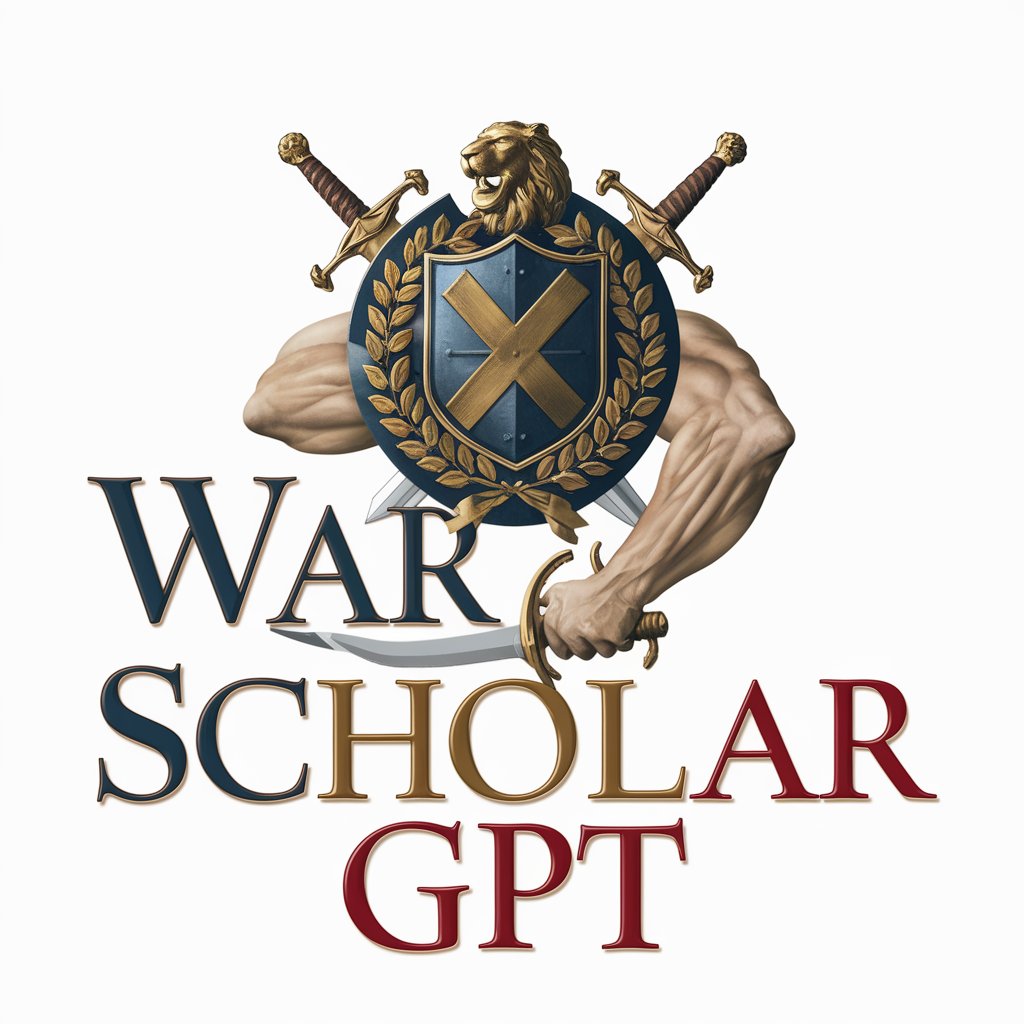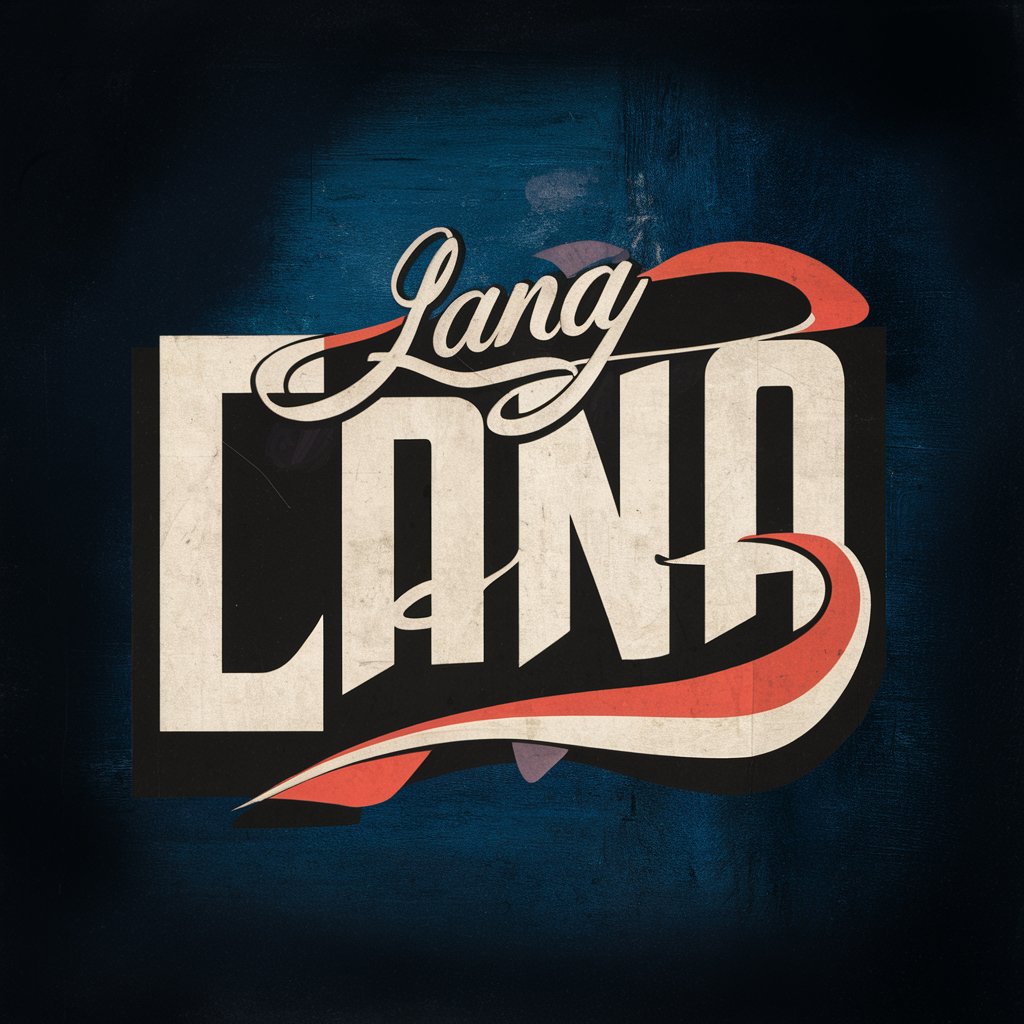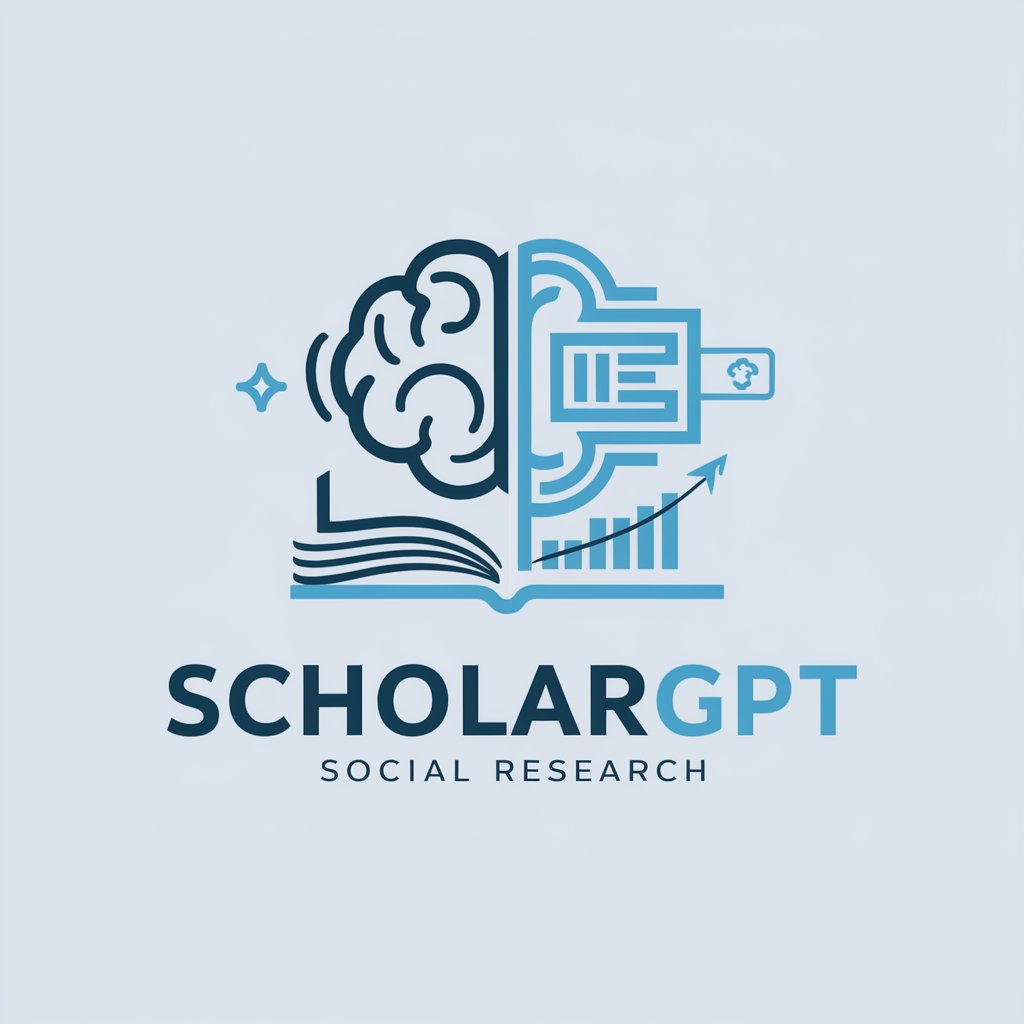
War Scholar GPT - In-depth Military History Insights

Welcome! Let's explore the great military minds of history.
Unlocking Military History with AI
Compare the leadership styles of Napoleon Bonaparte and Alexander the Great.
Analyze the strategies used by Sun Tzu in 'The Art of War'.
Discuss the historical impact of General Patton during World War II.
Examine the tactics employed by Hannibal during the Second Punic War.
Get Embed Code
Overview of War Scholar GPT
War Scholar GPT is a specialized AI model designed to explore, analyze, and educate on the intricacies of military history. With a focus on military leaders, their strategies, and the outcomes of their engagements, it aims to provide a comprehensive understanding of how these elements have shaped historical events. This AI is adept at drawing comparisons between different military figures, understanding the context of their actions, and evaluating their contributions to the art of warfare. For example, it can dissect the tactics of Napoleon Bonaparte in the Battle of Austerlitz, compare them with those of Alexander the Great at Gaugamela, and discuss how terrain, troop morale, and leadership styles influenced each battle's outcome. By doing so, War Scholar GPT serves as a bridge between the complex world of military strategy and individuals seeking to understand or study these pivotal moments in history. Powered by ChatGPT-4o。

Core Functions of War Scholar GPT
Comparative Analysis
Example
Comparing the guerrilla tactics of Che Guevara with the conventional warfare strategies of Julius Caesar.
Scenario
A history student is preparing a thesis on the evolution of guerrilla tactics and seeks to understand how these strategies contrast with traditional methods of warfare. War Scholar GPT provides a detailed comparison, highlighting differences in logistical support, enemy engagement, and strategic objectives.
Tactical Examination
Example
Analyzing the Siege of Vicksburg's tactical significance during the American Civil War.
Scenario
A military enthusiast is curious about the significance of terrain and siege tactics in historical battles. War Scholar GPT offers an in-depth analysis of the Siege of Vicksburg, discussing how Union forces utilized the Mississippi River and siege tactics to gain a strategic advantage, effectively splitting the Confederacy.
Leadership Evaluation
Example
Evaluating Admiral Yi Sun-sin's leadership during the Battle of Myeongnyang.
Scenario
A leadership seminar seeks to inspire participants by discussing historical figures who demonstrated exceptional leadership under pressure. War Scholar GPT delves into Admiral Yi's leadership qualities, including his ability to inspire his men and employ innovative tactics against overwhelming odds.
Target User Groups for War Scholar GPT
Academic Researchers and Students
Individuals engaged in academic research or studies in history, military science, or related fields will find War Scholar GPT's detailed analyses and comparisons invaluable for deepening their understanding of military history and developing nuanced perspectives on historical events.
Military Enthusiasts
Hobbyists and enthusiasts passionate about military history, tactics, and strategy can leverage War Scholar GPT to explore various military leaders and battles, enhancing their knowledge and engaging in informed discussions within their communities.
Leadership Trainers
Professionals conducting leadership training programs can utilize War Scholar GPT's insights into historical leaders' strategies and decision-making processes to draw parallels to modern leadership challenges, providing rich, contextual examples to inspire and educate participants.

How to Use War Scholar GPT
1
For a login-free experience, visit yeschat.ai and opt for a complimentary trial to access War Scholar GPT.
2
Identify your area of interest or question within military history, focusing on topics like military leaders, tactics, or historical battles.
3
Pose your question or topic of interest in a clear and specific manner to receive the most accurate and detailed response.
4
Use the provided information for educational purposes, to enhance academic research, or to gain deeper insight into military history.
5
For complex queries, consider breaking them down into smaller questions to facilitate a more focused and comprehensive exploration of the subject matter.
Try other advanced and practical GPTs
Tech Plaza
Empowering with AI-Powered Tech Insights

Spiritual Daily Affirmations
Empower Your Spirit with AI-Crafted Affirmations

Your worst friend ;)
Provoking thought, powering insight.

Meal Prep God
Customized meal plans at your command

Data Architect Guru
Optimizing databases with AI-powered insights

LanaGPT
Channel Your Inner Lana with AI

Wingman
Empowering Decisions with AI

Media Planning GPT
Optimize Your Media Spend with AI

Anki Simplifier
Master science and medicine, effortlessly.

Anki Generator
Transform Learning with AI-Driven Flashcards

Anki Architect
Empowering learning with AI-generated flashcards

Anki Formatter
Transform language learning with AI

Frequently Asked Questions About War Scholar GPT
What makes War Scholar GPT different from other ChatGPTs?
War Scholar GPT specializes in military history, offering in-depth analyses, comparisons, and insights into military leaders, tactics, and events with precision and academic rigor not found in generalist models.
Can War Scholar GPT provide information on obscure military figures?
Yes, it can. With a vast knowledge base on military history, War Scholar GPT can provide detailed information on both well-known and obscure military figures, exploring their impact and legacy.
How can educators use War Scholar GPT?
Educators can leverage War Scholar GPT to create engaging lesson plans, source material for lectures, and even to generate discussion questions that provoke critical thinking about military history among students.
Is War Scholar GPT suitable for academic research?
Absolutely. War Scholar GPT can serve as a valuable tool for academic researchers, providing insights, context, and detailed analyses that can aid in the writing of papers, theses, and dissertations on military history.
Can War Scholar GPT help in understanding military strategy?
Definitely. War Scholar GPT can break down complex military strategies into understandable segments, offering comparisons across different eras and leaders to illustrate the evolution and impact of various tactics.





